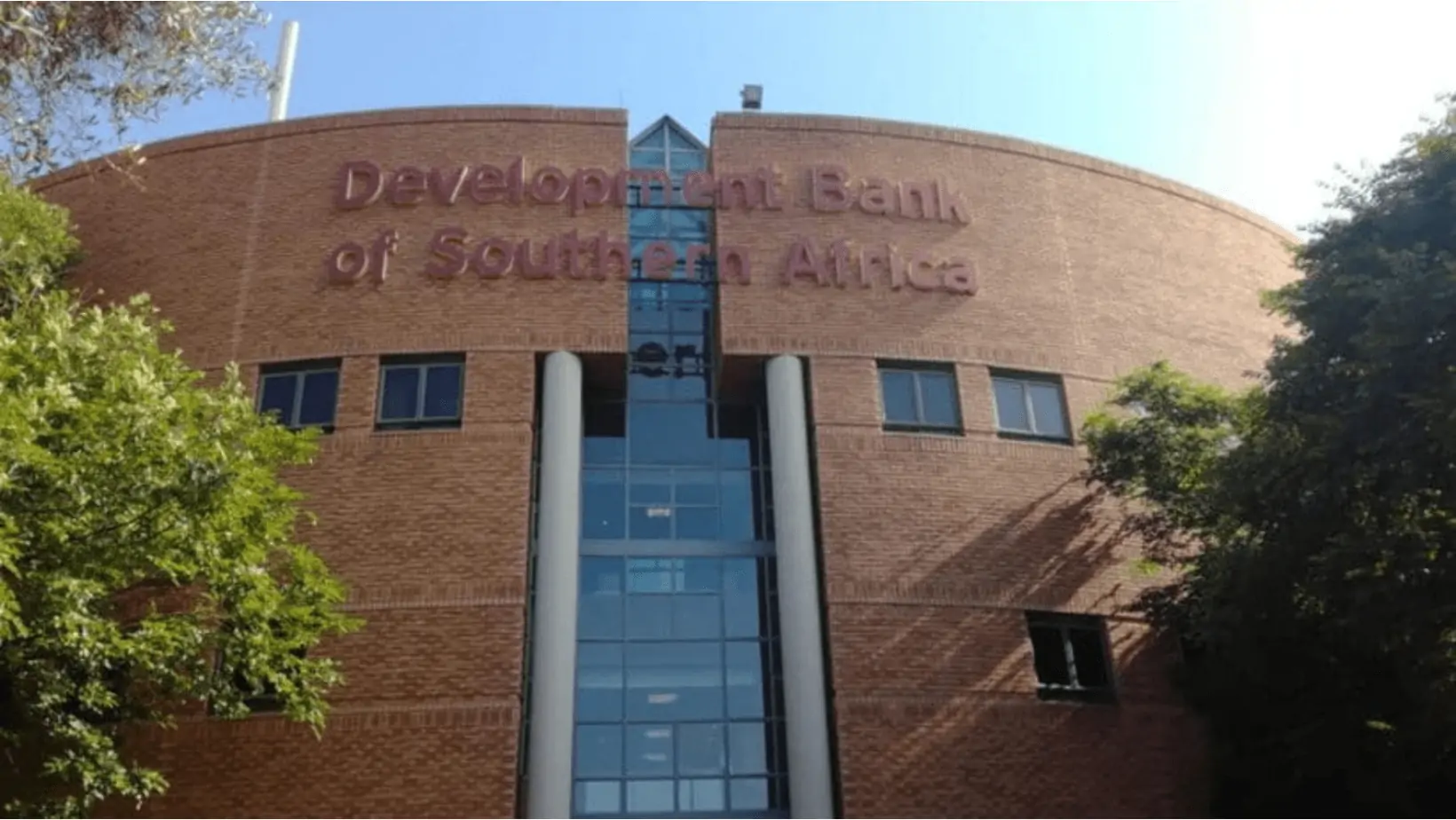
The Development Bank of Southern Africa Limited (DBSA) has announced its audited annual financial statements for the year ended March 31, 2023, showcasing strong financial performance in a challenging economic landscape.
Overview
The DBSA, a development finance institution solely owned by the Government of the Republic of South Africa, published its financial results to provide information to holders of the Bank’s listed debt securities. The Bank’s results were prepared in accordance with International Financial Reporting Standards (IFRS) and its interpretations, as well as the Companies Act of South Africa and the Development Bank of Southern Africa Act.
Audit and Context
The annual financial statements were audited by the Auditor-General of South Africa, who expressed an unqualified audit opinion on the Bank’s financial health. The report highlighted several challenges faced by South Africa, including power cuts, volatile commodity prices, transport constraints, labor market rigidity, and low economic growth. The country also grappled with elevated public debt, high food and energy prices, inflation, and governance challenges in municipalities.
Globally, the Ukraine-Russia war further exacerbated economic issues, including rising inflation, food insecurity, and climate change risks. Many African countries faced slow recovery from the COVID-19 pandemic, resulting in increased public debt-to-GDP ratios and the need for IMF support and debt relief.
Financial Highlights
Despite these challenges, the DBSA demonstrated resilience and growth:
| Key Indicators | 2023 | 2022 |
|---|---|---|
| Funding and Liquidity Management | R11 billion | N/A |
| Capital Adequacy | R48 billion | R44.8 billion |
| Loan Asset Quality and Expected Credit Loss | R12.1 billion | R11.7 billion |
| Total Assets | R108.56 billion | R100 billion |
| Profit for the Year | R5.2 billion | R3.8 billion |
Funding and Liquidity Management: The Bank raised funds amounting to R11 billion from a diverse pool of international development finance institutions, local and international banks, and the domestic fixed income market. Liquidity holdings remained strong at R6.2 billion, with total outstanding debt funding increasing to R59 billion. The Bank’s loan and bond disbursements reached R13.7 billion.
Capital Adequacy: The Bank maintained strong capital buffers, with a capital base of R48 billion. The debt-to-equity ratio improved to 87%, remaining well below the regulatory cap of 250%. The Bank’s capital ratio increased to 44%.
Loan Asset Quality and Expected Credit Loss Provisions: Despite challenges, the Bank’s loan book remained resilient. Expected credit loss provisions increased marginally due to credit risk in the municipal sector and some African countries. The Bank proactively managed and restructured key exposures.
Total Assets: The Bank’s total asset base increased to R108.56 billion, driven by new disbursements and currency movements.
Profitability and Efficiency: Net profit for the year rose by 36% to R5.2 billion, primarily driven by core lending activities. The Bank effectively managed operational costs, maintaining a cost-to-income ratio of 24%.
Development Impact Performance Highlights
The Bank’s activities had a positive impact on development outcomes, supporting education, small businesses, and infrastructure development. Notable highlights include supporting learners in newly built and refurbished schools, employing local SMMEs in construction projects, and contributing to agricultural development.
Outlook
Despite the economic challenges, the DBSA remains focused on its growth strategy, emphasizing its catalytic role in sustainable infrastructure development. The Bank’s healthy project pipeline provides a solid platform for future success and growth in developmental impact.
Conclusion
The Development Bank of Southern Africa has reported a robust financial performance despite the prevailing economic challenges. Its commitment to supporting infrastructure development and catalyzing growth in the region demonstrates its resilience and vital role in driving sustainable development. With its strong capital base, prudent risk management, and focus on impactful projects, the DBSA continues to play a crucial role in supporting the economic development of Southern Africa, ensuring a brighter and more prosperous future for the region.
This website uses cookies.